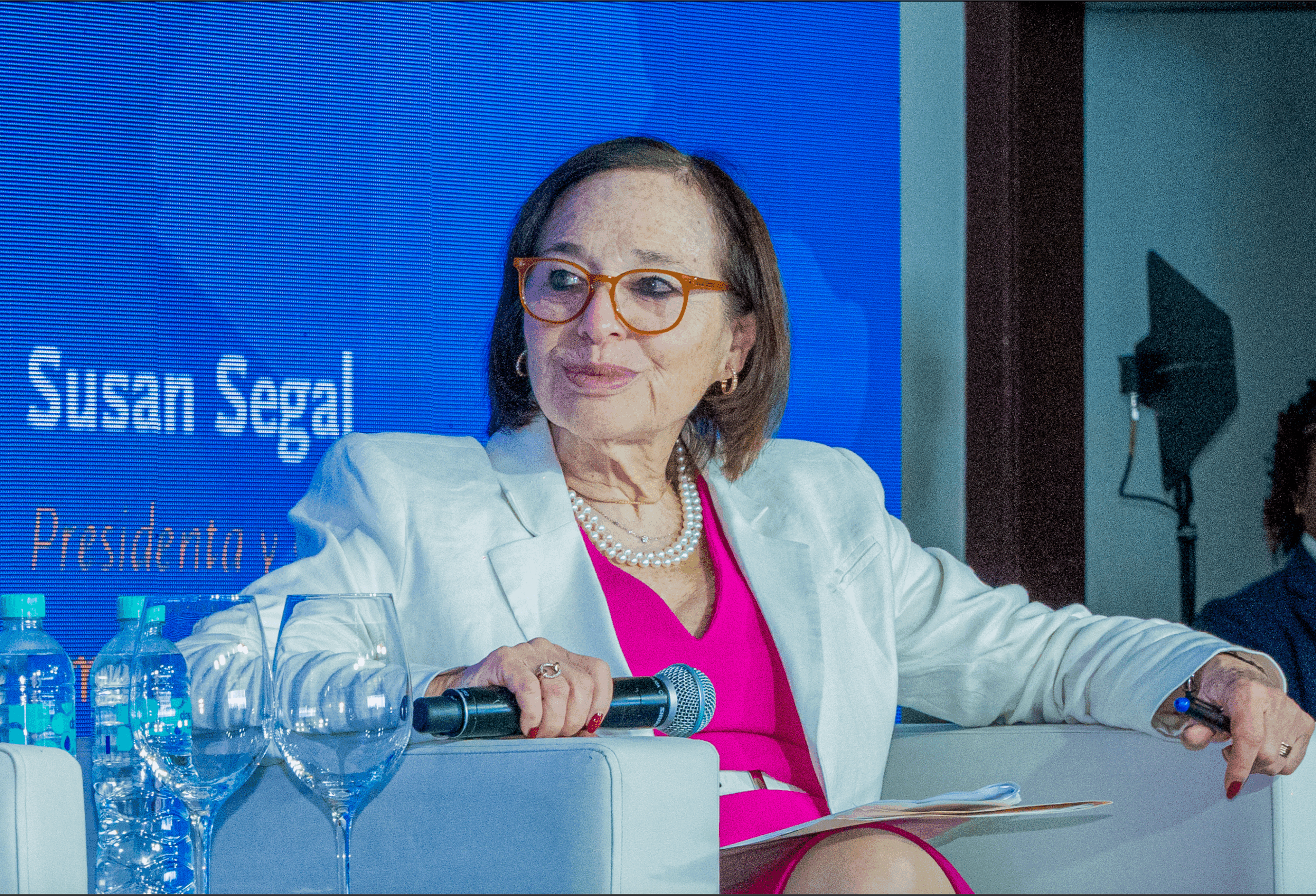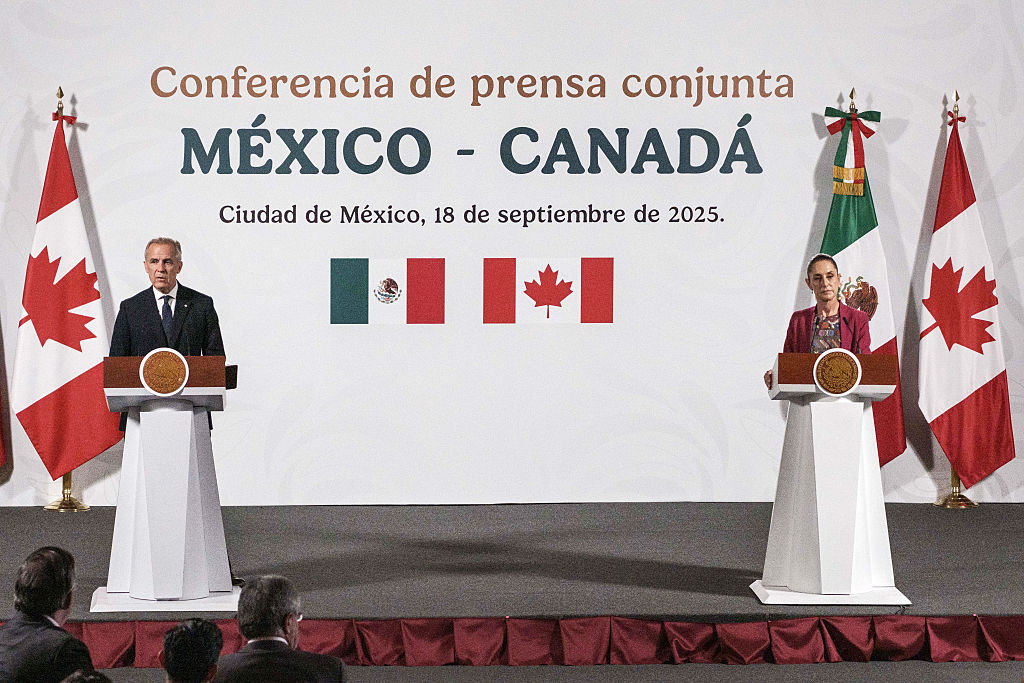The Summit of the Americas: Why It Matters
The Summit of the Americas: Why It Matters
This weekend’s Summit in Cartagena likely won’t break ground on any longstanding issues, but the hemisphere’s “family affair” is still important.
April is Western Hemisphere month for U.S. President Barack Obama, and the capstone event is this weekend’s Sixth Summit of the Americas, a regular meeting of the 34 democratically elected presidents and prime ministers of the hemisphere. Originally scheduled to arrive in Cartagena, Colombia, on Saturday, Obama will now arrive one day earlier to get a head start on bilateral meetings with his regional counterparts.
In the lead-up to the Summit, Obama met with Mexican President Felipe Calderón and Canadian Prime Minster Stephen Harper on April 2 for the latest round of the North American Leaders’ Summit. The three leaders pledged to make our integrated North American economy more competitive. Then, on April 10, Brazilian President Dilma Rousseff made an official visit to Washington to discuss the economy, energy, education, and other areas of joint concern. Her visit, coming one year after Obama’s trip to Brasília and Rio de Janeiro, yet again highlighted the increasing clout of the world’s sixth-largest economy.
But beyond the one-off focus around these meetings, most Americans are missing out that Latin America is booming. Eighty percent of Latin America’s 500 million people live in countries where the economies are consistently growing faster than in the United States. These are, for the most part, middle-class countries eager to buy the products we export. Forty percent of U.S. exports go to the Western Hemisphere, including Canada. Standard & Poor’s rates the sovereign debt of the Bahamas, Barbados, Brazil, Chile, Colombia, Mexico, Panama, Peru, Trinidad and Tobago, and Uruguay as investment grade, while Canada is rated higher than the United States. More than half our imported oil comes from this hemisphere.
These are some of the reasons why hemispheric cooperation is necessary.
Read the full article at www.AmericasQuarterly.org.
Charles Shapiro is a retired U.S. diplomat and president of the Institute of the Americas, a public policy think tank at the University of California San Diego.








